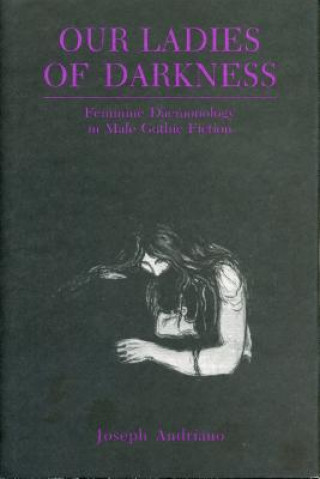
Kód: 04047807
Our Ladies of Darkness
Autor Joseph Andriano
"The theme of the demonic feminine which has haunted men from time immemorial has been limited in Andriano's very fine study of Gothic fiction. He poses several questions at the outset with regard to the erotic and deadly nature o ... celý popis
- Jazyk:
 Angličtina
Angličtina - Väzba: Brožovaná
- Počet strán: 196
Nakladateľ: Pennsylvania State University Press, 1993
- Viac informácií o knihe

Mohlo by sa vám tiež páčiť
-

Empires in World War I
238.82 € -

History of Marine Architecture
257.54 € -

Roses
38.75 € -
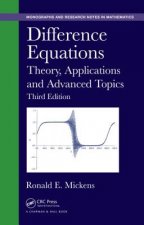
Difference Equations
283.75 € -

Glory Gardens 2 - Bound For Glory
10.11 € -13 % -

Studieren mit Hoerbehinderung
44.82 €
Darčekový poukaz: Radosť zaručená
- Darujte poukaz v ľubovoľnej hodnote, a my sa postaráme o zvyšok.
- Poukaz sa vzťahuje na všetky produkty v našej ponuke.
- Elektronický poukaz si vytlačíte z e-mailu a môžete ho ihneď darovať.
- Platnosť poukazu je 12 mesiacov od dátumu vystavenia.
Viac informácií o knihe Our Ladies of Darkness
Nákupom získate 127 bodov
 Anotácia knihy
Anotácia knihy
"The theme of the demonic feminine which has haunted men from time immemorial has been limited in Andriano's very fine study of Gothic fiction. He poses several questions at the outset with regard to the erotic and deadly nature of such forces and to their frequent appearances in literature. He answers these straightforwardly and cogently in this book."-Bettina Knapp, Hunter College Our Ladies of Darkness opens with a question raised by Nathaniel Hawthorne in his 1835 sketch "The Haunted Mind": "What if the fiend should come in women's garments, with a pale beauty amid sin and desolation, and lie down by your side?" Joseph Andriano boldly attempts to answer this question by examining some fifteen texts in which such a haunting occurs, including Poe's "Ligeia," Hoffmann's "The Sandman," Irving's "The Adventure of the German Student," Cazotte's "Le Diable amoureux," and Aickman's "Ravissante." His close reading of the individual texts leads to illuminating intertextual parallels, drawn through an archetypal perspective, which creates coherence among the many recurring image-patterns and motifs. The haunting is an incursion into the male ego's dominion: the female demon is seen as a usurper or intruder; she inhabits and insidiously attempts to exert her influence, to feminize the male. These demands include the impelling need to acknowledge male femininity, or androgyny. Ignoring this drive, which Andriano views as instinctual and archetypal, often results in what the Romantics called "nympholepsy," and what Carl Jung called "anima-possession." Although the notion that men need to acknowledge their own femininity is not new, the realization that doing so involves coming to terms not only with Eros (in its widest sense) but also with Thanatos has never been sufficiently emphasized, except perhaps by the post-Jungian James Hillman, by whose work Andriano is especially influenced. This book clearly and succinctly demonstrates that fear of the inner feminine prevents a man from ever fully maturing; his anima remains that of a child (he can only view women as girls or mothers), and he never comes to know, much less to love, the dark side of his soul, his own "lady of darkness."
 Parametre knihy
Parametre knihy
Zaradenie knihy Knihy po anglicky Society & social sciences Society & culture: general Social groups
50.59 €
- Celý názov: Our Ladies of Darkness
- Autor: Joseph Andriano
- Jazyk:
 Angličtina
Angličtina - Väzba: Brožovaná
- Počet strán: 196
- EAN: 9780271027272
- ISBN: 0271027274
- ID: 04047807
- Nakladateľ: Pennsylvania State University Press
- Hmotnosť: 513 g
- Rozmery: 229 × 152 × 13 mm
- Dátum vydania: 15. April 1993
Obľúbené z iného súdka
-

Women Who Run with the Wolves
11.73 € -

Freedom Writers Diary
15.37 € -11 % -

Think Like a Monk
15.57 € -24 % -

Orientalism
11.22 € -21 % -

How Europe Underdeveloped Africa
22.86 € -6 % -

Desert Flower
10.11 € -24 % -

Why Does He Do That?
16.49 € -14 % -

Letters to a Young Muslim
12.13 € -23 % -
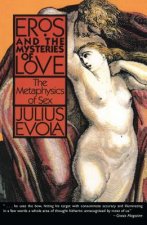
Eros and Mysteries of Love
18.10 € -13 % -

Life After Darkness
21.44 € -20 % -

Puer Tea
44.52 € -

Womanhood
21.75 € -23 % -

Complete Book of Pilates for Men
19.12 € -20 % -

JFK - 9/11
33.18 € -

Sword of No-sword
27.31 € -5 % -

Gypsy Identities 1500-2000
68.30 € -

Colloquial Yiddish
67.29 € -

Servitors of Empire
20.74 € -2 % -
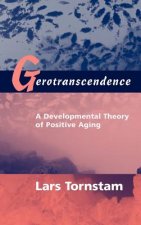
Gerotranscendence
144.10 € -

Northwest Coast Indian Art
30.35 € -2 % -

Qur'an
32.37 € -23 % -
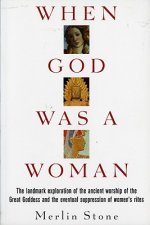
When God Was A Woman
19.72 € -2 % -

The Mastery of Love
12.74 € -15 % -

Vintage Menswear
16.49 € -9 % -

Who Cooked the Last Supper?
19.82 € -6 % -

Women Who Run With The Wolves
16.38 € -23 % -
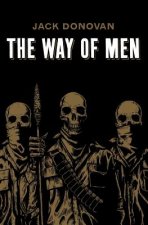
The Way of Men
13.85 € -19 % -

The Autobiography of Malcolm X
10.51 € -7 % -
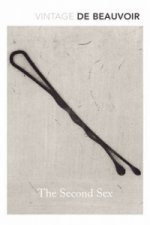
Second Sex
16.38 € -23 % -
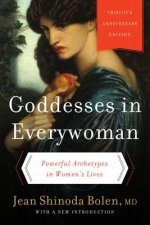
Goddesses in Everywoman
12.13 € -23 % -

Talking with Female Serial Killers - A chilling study of the most evil women in the world
11.02 € -23 % -

Intellectuals and Society
22.15 € -21 % -
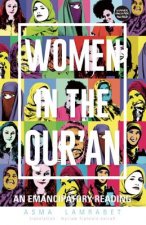
Women in the Qur'an
20.74 € -2 % -

Erotic Bondage Book
15.27 € -15 % -
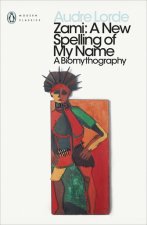
Zami
10.21 € -23 % -

Nine Years among the Indians, 1870-1879
30.05 € -
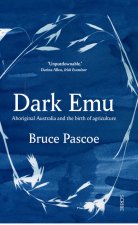
Dark Emu
16.38 € -23 % -

Childhood and Society
16.18 € -19 % -

Happy City
12.13 € -23 % -
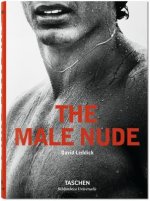
The Male Nude
18.41 € -8 % -

The Bell Curve
18.51 € -23 % -

We Should All Be Feminists
7.48 € -25 % -

Empire of the Summer Moon
14.26 € -23 % -

Radium Girls
11.02 € -23 % -

Dance of Anger
11.02 € -23 % -

Beauty Myth
14.26 € -23 % -

Muqaddimah
21.95 € -15 % -

TROUBLEMAKER
15.47 € -18 % -
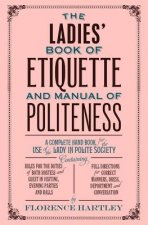
Ladies' Book of Etiquette and Manual of Politeness
13.04 € -18 %
Osobný odber Bratislava a 2642 dalších
Copyright ©2008-24 najlacnejsie-knihy.sk Všetky práva vyhradenéSúkromieCookies



 21 miliónov titulov
21 miliónov titulov Vrátenie do mesiaca
Vrátenie do mesiaca 02/210 210 99 (8-15.30h)
02/210 210 99 (8-15.30h)